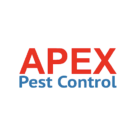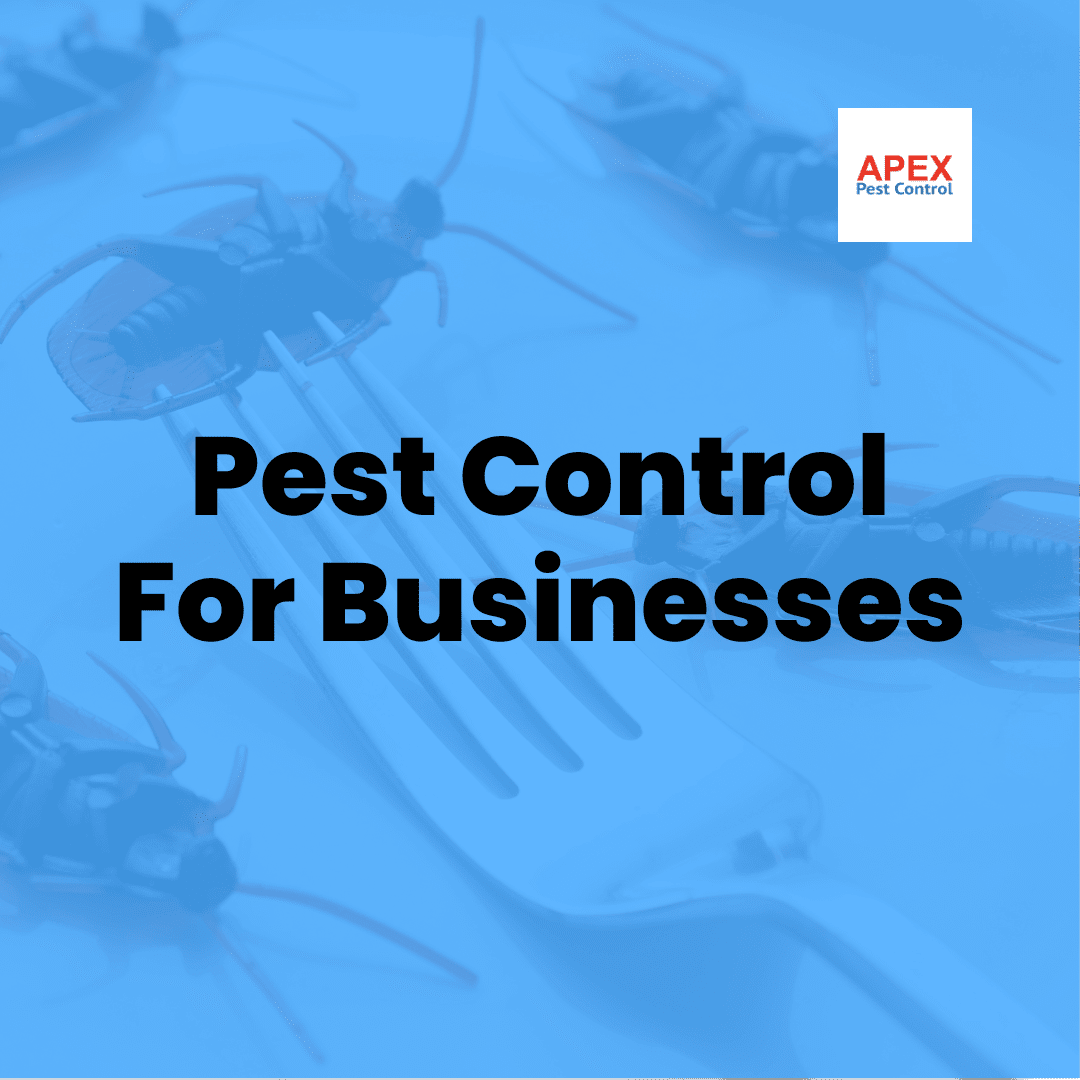Does a Business Owner Need Pest Control For Businesses?
A business may need commercial pest control services if employees, customers, or other employees are allergic to or susceptible to certain types of pests. In addition, pests can cause disease and allergies, which can lead to decreased productivity. And as you probably know, sick employees cost the company money in insurance costs. Every workplace is different from a customer location. However, many workplaces are used to serve customers, which means that any pests that occur may result in an unhappy customer leaving your establishment.
Does A Business Need Commercial Pest Control?
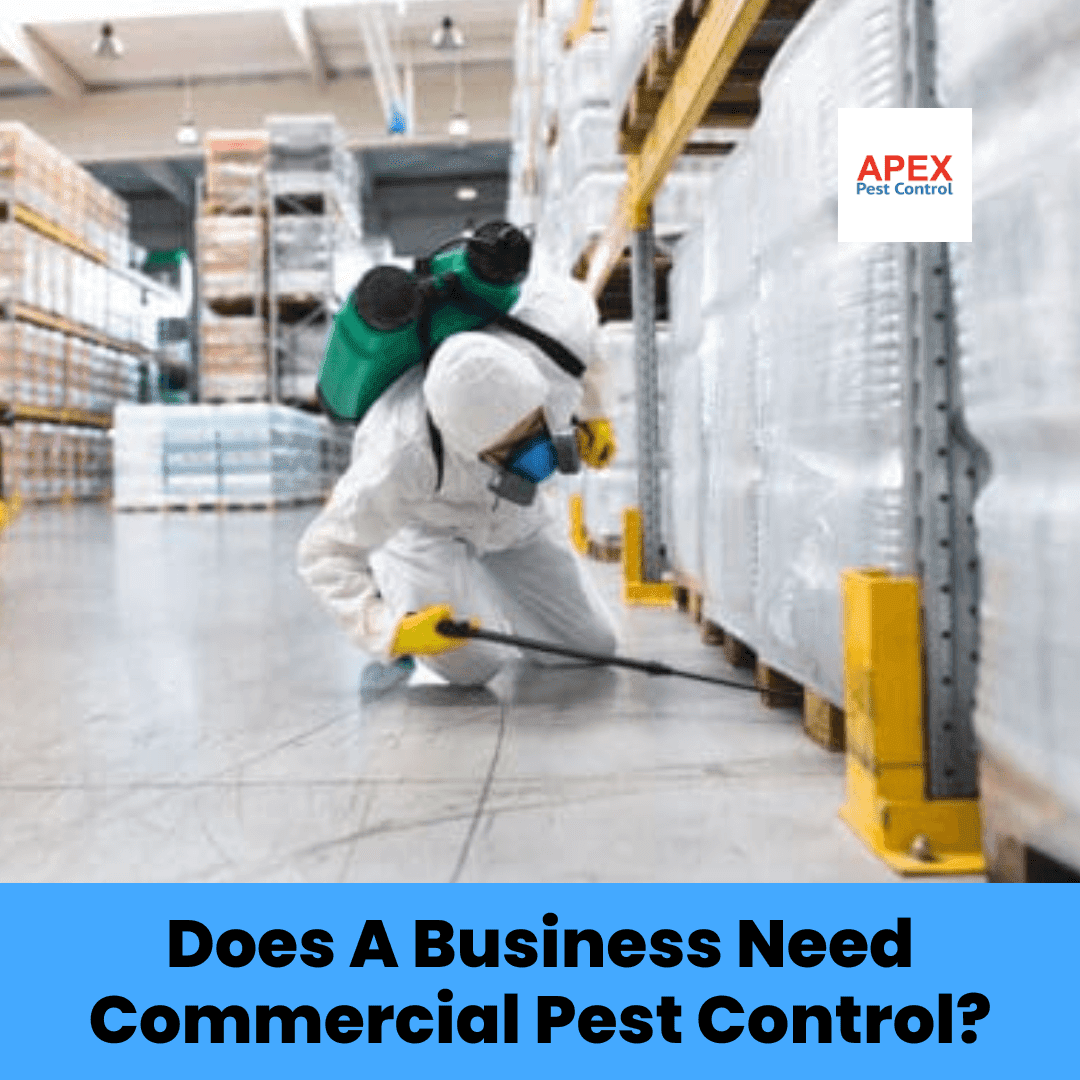
The presence of pests in a business may not only pose a nuisance to customers, but it can also pose significant health risks. Whether it’s rats or mice, pests can spread disease-causing bacteria and viruses from place to place. Not only can pests cause painful bites; but they can also carry viruses and bacteria.
Moreover, businesses are at risk of losing good employees due to pest problems. To make things worse, employees may report the business to the government and regulatory authorities.
If your business is in an old building, it may be susceptible to pests. Cracks, crevices, and damaged walls can allow pests to enter the premises. Businesses serving food may need to be inspected for food safety and audit compliance purposes, making regular pest inspections necessary.
Further, if your business has a history of pest activity, regular inspections might be required to ensure that there are no new infestations.
To help you identify whether you need pest control services, here are the pest control services that can help you with your pest problem and pest infestation:
- Bird control
- Bed bugs
- Early detection
- Pest treatments
- Dead animal removal
- Flea treatments
- Spider control
- Squirrel control
- Fleas control
- Woodworm treatment
- Rodent control
- Carpet Beetle
Who Is Responsible For Pest Control In Business?
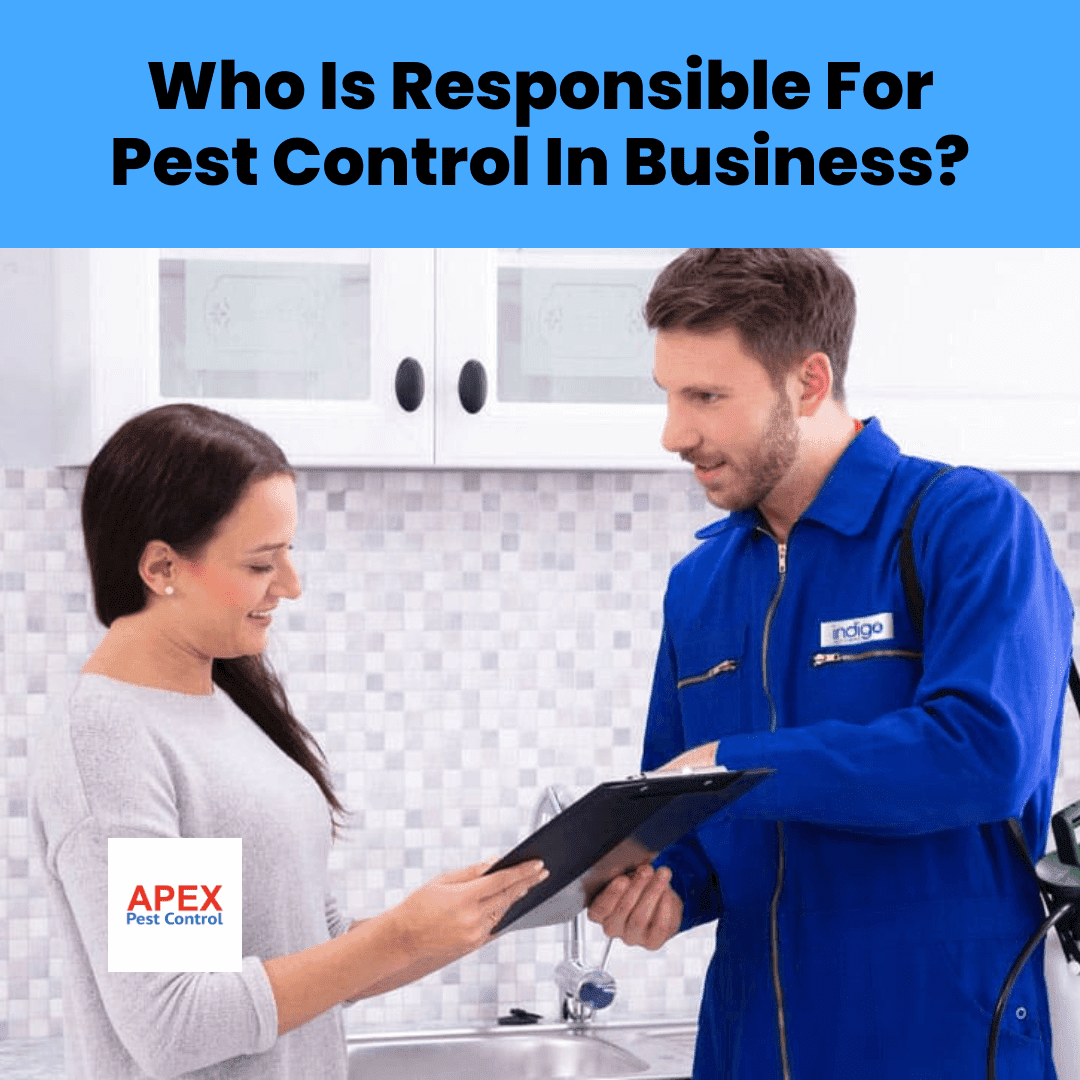
If you are a landlord, you are responsible for maintaining a bug-free rental property. As the owner of the rental property, you must ensure that the unit is free of pests and is habitable. In your maintenance pest control contract, you should state who is responsible for commercial pest control, if any.
Otherwise, it is up to you to take the necessary steps to keep the premises free of pests. There are many things that you must consider before renting out your property.
You must make sure to consult your lease agreement before hiring a pest technician. You should also check your lease agreement, as it will state whose responsibility it is. Whether a landlord is responsible for commercial pest control, or if a tenant is responsible for it, depends on how much negligence the landlord or tenant has shown.
A landlord is responsible for keeping the rental property up to building code standards. As a result, both the landlord and the tenant are responsible for pest control.
How Much Do Pest Control Businesses Charge?
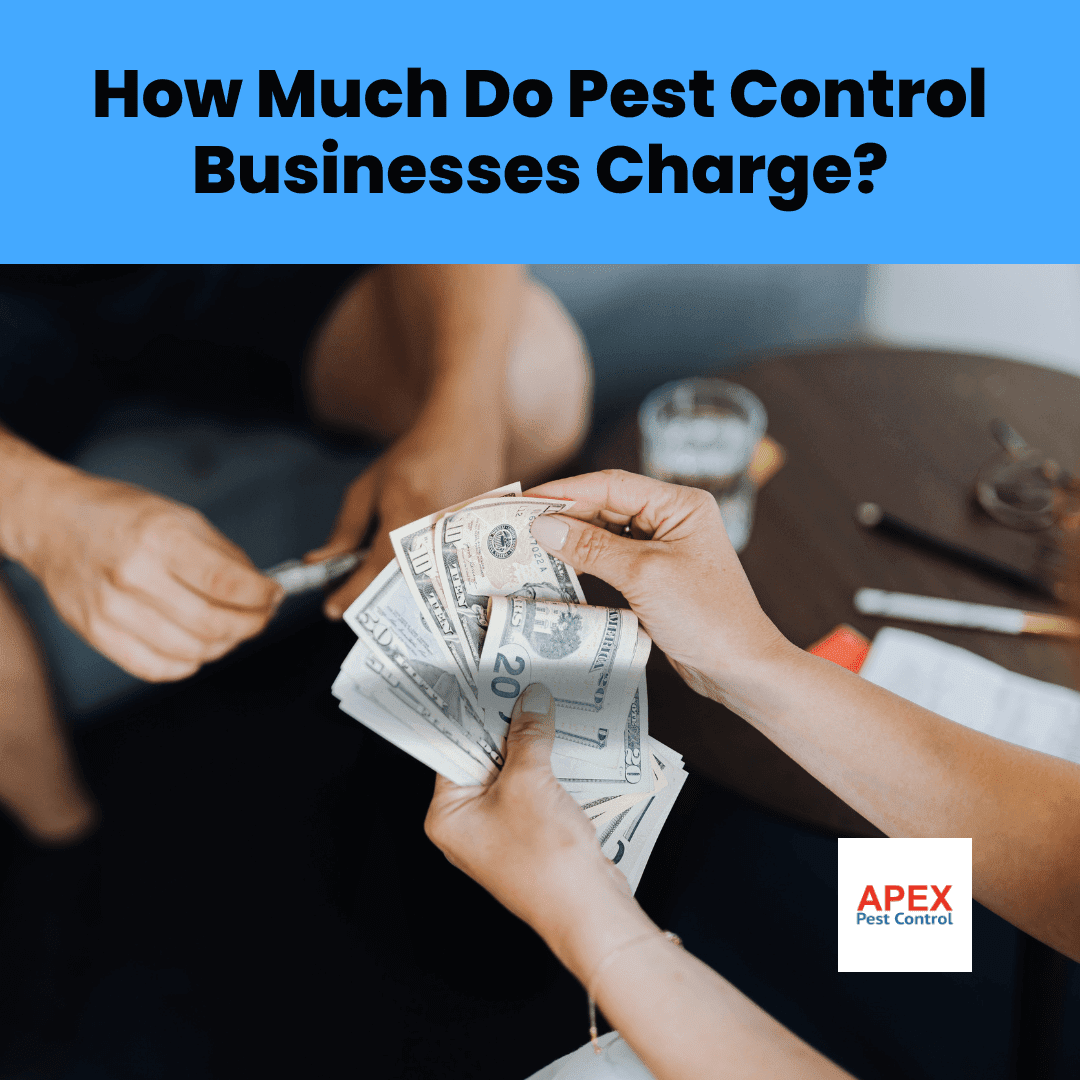
To avoid a pest problem, consider monthly or quarterly visits by a pest control industry for pest control solutions. Monthly visits are less expensive than one-off treatments, but you should be aware that these services will cost more than once. A semi-monthly visit can cost between $100 and $150 per visit. Depending on the type of pest control services you need, you may also be able to negotiate a discounted price for your first visit.
The initial visit is often the most expensive, as the company will have to assess the extent of the infestation and plan a course of treatment. These initial visits can cost £150-300, while a mouse removal may cost only £100 to £200.
If the infestation is severe, you may need to pay higher fees for labour and a monthly retreatment visit. This fee will depend on how long the initial treatment will take, but it is usually worth it in the end.
Most pest control companies utilize the Integrated Pest Management method for early detection, detailed monitoring, and precise treatment. Integrated Pest Management is carried out by the British Pest Control Association and the National Pest Technician Association.
Physical pest control involves treating pest-infested premises. This process includes using traps, bait and trap stations, and other techniques. These pest control solutions are usually the most effective, but they can also cost you more.
In addition, it involves removing nests and other items that may have been infested by pests. Physical pest control solutions can range from £150 to £600 for a simple rat or squirrel control.
Is There A Legal Requirement To Do Pest Control?
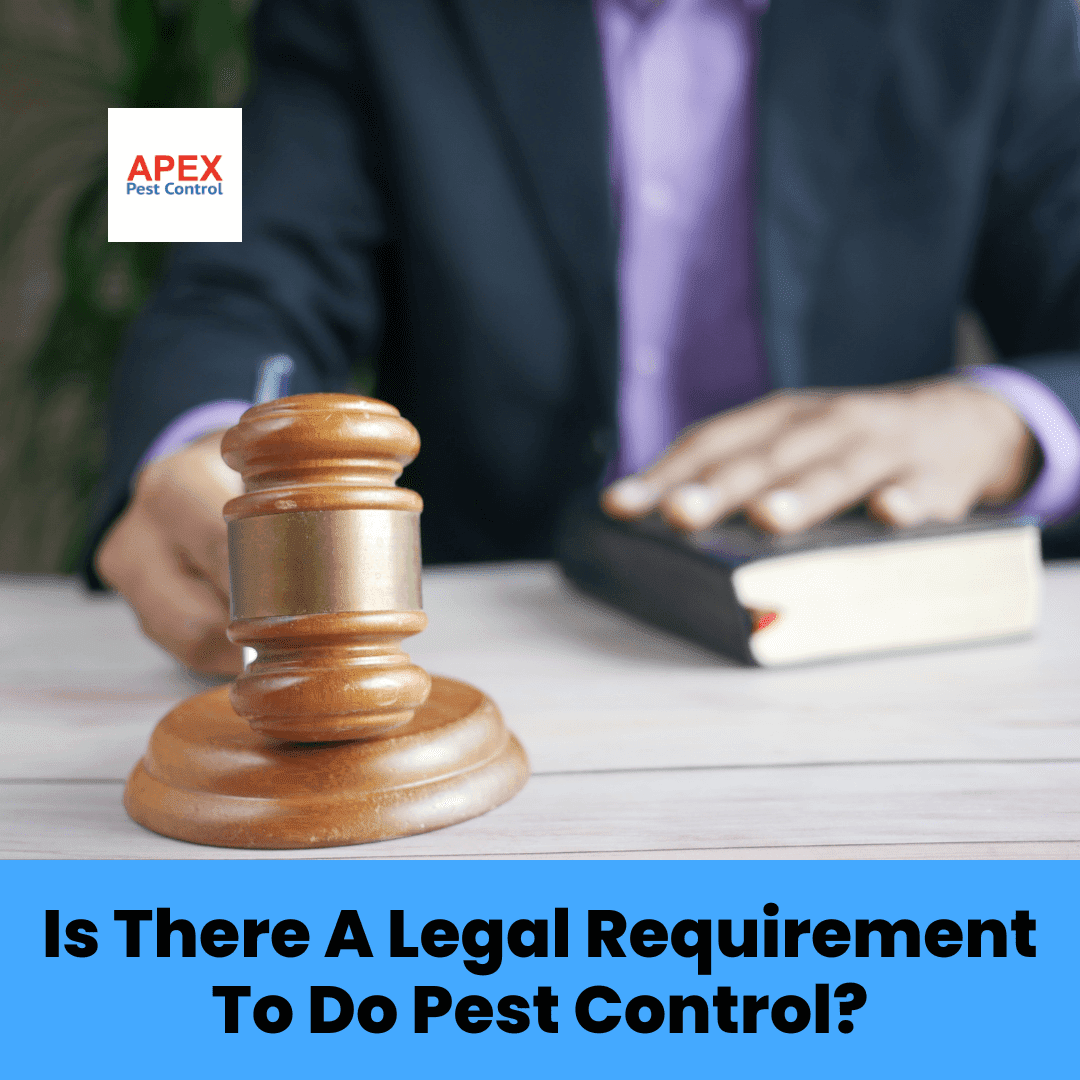
Many businesses only think about pest control once they have a problem. But it’s far more important than this; rodent and pest infestations can cause significant damage to a business’s reputation. Pest control is a legal requirement for food and beverage businesses.
In addition, the legislation protects employers from the dangers of pest infestation, including diseases and slips and falls from bird droppings.
To begin pest control business operations, you’ll need to get a commercial pesticide application license. A license is required for all employees who will be spraying chemicals. In some counties, this is known as a commercial applicator license.
By law, everyone who uses pesticides professionally must have received adequate training in using pesticides safely and be skilled in the job they are carrying out.
To acquire a pesticide application license, you can visit your state’s agriculture department or pesticide regulatory office.
By law there are certain situations where you will need to have a qualification called a ‘certificate of competence’. In general, you will need a certificate of competence if you supply, store or use ‘agricultural pesticides’
Source: https://www.hse.gov.uk/pesticides/resources/C/Code_of_Practice_for_using_Plant_Protection_Products_-_Section_2.pdf
Some counties also require that commercial pesticide users receive specific training, certifications, and insurance coverage. Pesticide business licenses are renewable annually, so you’ll want to keep your current.
As with any business, there are specific regulations to follow. While these regulations vary by industry, state, and city, they cover a range of practices. Aside from obtaining the proper business license, you must also obtain worker’s compensation insurance for your company.
These are just a few of the many costs involved in running a pest control business. As long as you follow the regulations and are aware of the risks involved, you’ll be in good standing.
What Are The Business Advantages Of Pest Control?
Most business owners don’t realize that having a healthy environment can increase productivity and boost morale. Infestations of pests can have disastrous effects on the bottom line. Infestations of bedbugs and cockroaches can drive customers away and negatively impact the image of a business.
Even a single scurrying pest can cause a business to lose dozens of customers. Spreading illnesses can cause rumours that can lead to serious repercussions for the business.
Having a commercial pest control service can protect your business year-round. While pests can swarm in the spring or fall, you never know when there will be pest intruders in your business. The best time to take action is before the problem becomes a real issue.
Getting your commercial premises protected from pest infestations is the best way to avoid losing customers. Customers are not always discreet when it comes to spotting pests, so having a professional pest technician on the pest control team on the job can help save you a lot of time, profit and energy.
IPM is a multifaceted approach to pest control. It addresses the source of the problem, as well as the symptoms. By identifying and preventing the underlying causes of the problem, IPM can reduce your business costs by significantly reducing the likelihood of future infestations by implementing pest prevention measures.
IPM is also a more eco-friendly solution for buildings that use pesticides. Businesses can enjoy the added benefits of better health and productivity through the use of environmentally friendly pest control services.
What Is The Purpose Of Pest Control In Businesses?
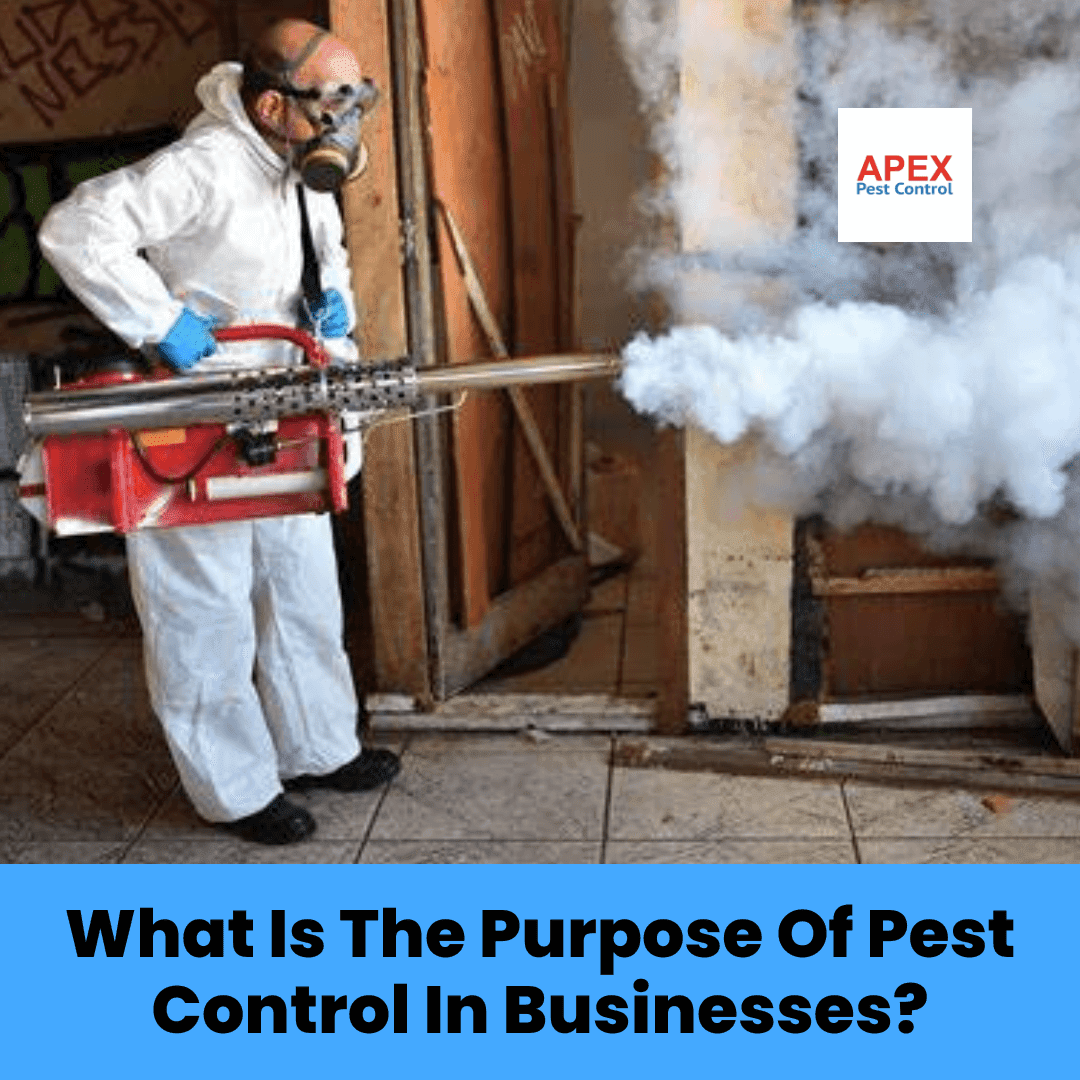
The purpose of pest control in businesses is not only to protect property but also to protect people. Pests can ruin a business’s structure and pose safety hazards. Drain flies, for example, can live anywhere that has standing water. Other pests such as rodents can chew electrical wiring resulting in fire.
In addition, pests can multiply quickly during pauses in business. They can cause serious damage to property and can cost businesses thousands of dollars per infestation.
The purpose of pest control in businesses is to protect employees and customers. The industry is highly competitive, and many larger pest control companies have acquired smaller businesses to create bigger companies. However, smaller companies can differentiate themselves from larger players by marketing their services to a small group of customers and by leveraging the size of the company as a competitive advantage.
Most companies target property owners as their primary customer base, but there are specific markets such as hotels, stores, and homeowners.
According to the British Pest Control Association, pests have the potential to contaminate the workplace;
- Spread disease
- Harm products
- Foodstuffs
- Property
- and even ruin your reputation,
resulting in economic loss and even criminal charges.
You are responsible for a place that attracts pests if you have a pest problem. It’s critical that you put in place the proper safeguards to protect yourself and your consumers. The British Pest Control Association and the NPTA is a known commercial pest control associations in the UK.
Here are some key takeaways from the British Pest Control Association:
- Prevent sickness and pollution.
- Protect your investment.
- Maintain your good name.
- Meet your legal obligations.
Which Pest Control Firm Is Best For Businesses?

There are many advantages of using a specialized pest control firm for your business. Insects and other pests need special treatments, and these companies have specific poisons and traps. Not all of these companies are equal, though. Some specialize in fewer common pests.
Generalized firms are good at controlling common pests, but specialized firms specialize in specific localized pests. You can read online reviews and ask the company representative about their services.
When choosing a pest control firm, look for a registered company with relevant licenses and guarantees. A licensed pest control industry will always use accredited pesticides and offer commercial pest control contracts. Otherwise, you may be stuck with inferior chemicals, which will result in increased expenses and resistance.
You should also check whether the company complies with COVID-19 safety regulations. A registered company will be able to provide you with the right type of treatment for your business.
How To Start A Professional Pest Control Company?
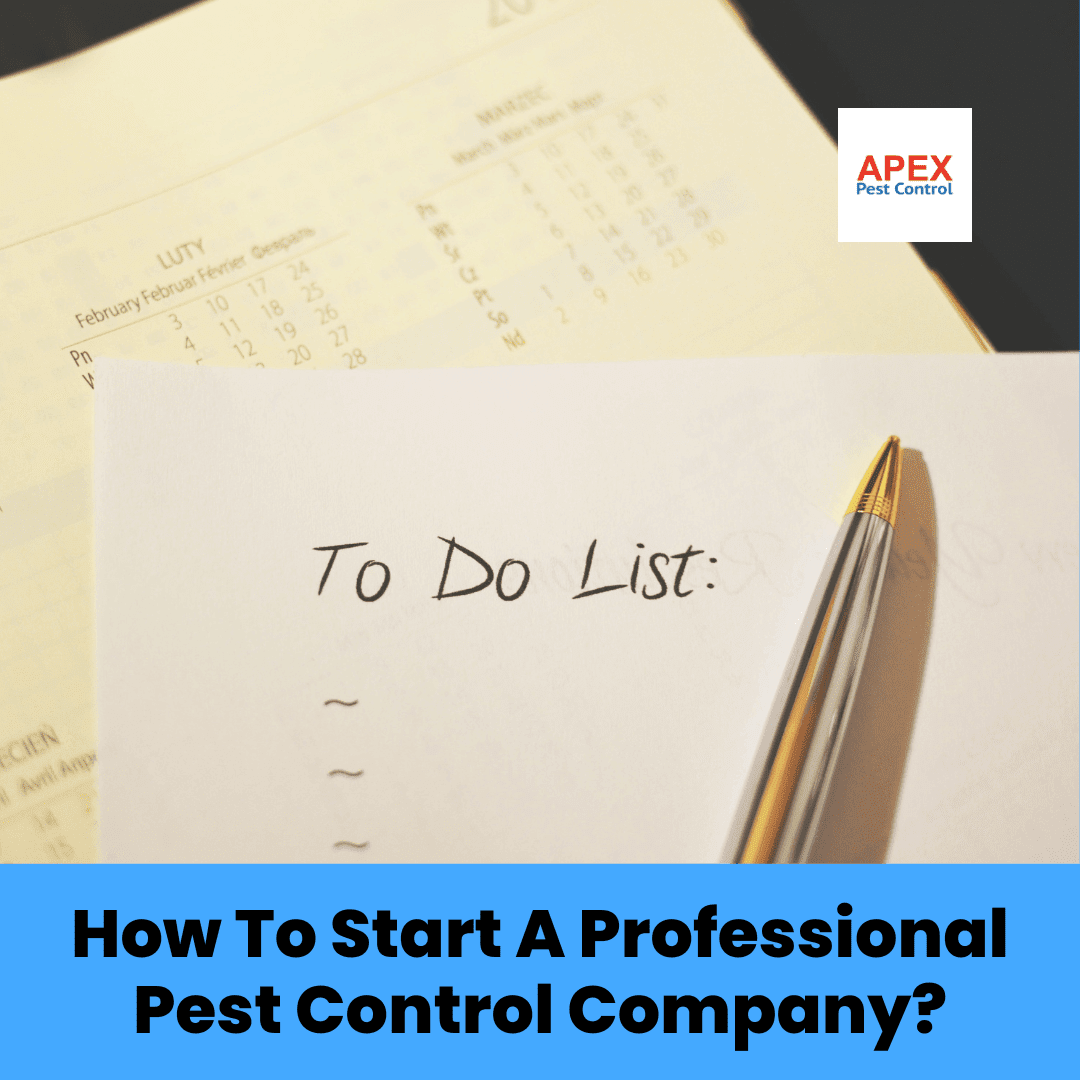
Starting a pest control business can be challenging, but it can also be rewarding. It is possible to earn a good living while doing something you love, like helping others. Listed below are some tips to help you get started in this industry.
– Make sure you know your local pest problems. Specialize in one or two types of pests. Specialized gear and chemicals are necessary for the job. Once you know what pests affect local businesses, you can focus on solving these problems.
– Choose a business name that is unique to your business. Since there are so many pest control services out there, it’s important to find a unique name for your business. Keep in mind that your customers will likely be business owners, not people looking for a job. A business name that describes what it does well is essential. Make sure it sounds unique. It should also be easy to remember.
Apex Pest Control serves Yorkshire, UK
If you require a registered NPTA pest control company for professional advice regarding your business. Call Apex Pest Control today!

Tony Johnson, Founder & Lead Technician at Apex Pest Control, is a BPCA and NPTA accredited pest management expert with over 35 years’ hands-on experience. Tony specialises in Integrated Pest Management and ensures all services comply with UK pest legislation, including the Wildlife and Countryside Act 1981 and COSHH Regulations 2002. His commitment to continual learning and adapting to industry best practices means clients receive effective, safe solutions for pests affecting homes and businesses across South Yorkshire. Tony’s dedication to professional standards, ethical treatment methods, and local expertise has made him a trusted partner for pest control and prevention.
-
BPCA & NPTA accredited | CHAS certified
-
Committed to UK pest law compliance & safety
-
Focused on effective, ethical pest management for South Yorkshire
